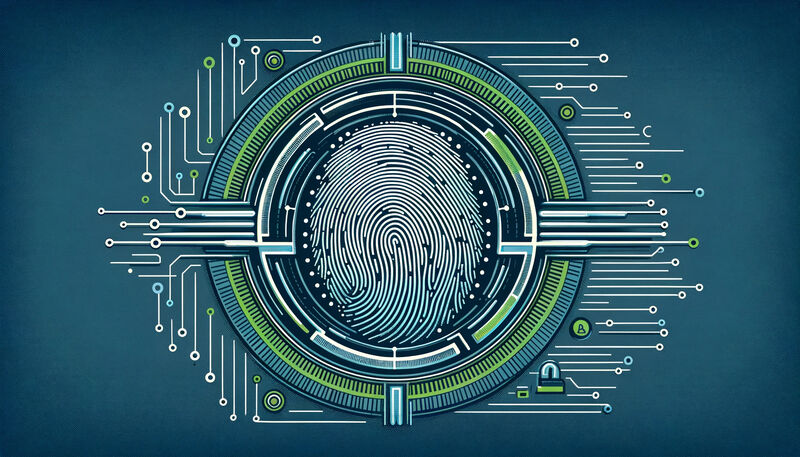The Future of Biometric Security: Beyond Passwords and PINs

Biometric security is rapidly advancing, offering a more personal and secure approach to safeguarding digital assets than traditional passwords and PINs. This technology uses unique human characteristics, such as fingerprints, facial recognition, and voice patterns, for identification and access control. This article explores the future of biometric security, its benefits, potential applications, and the challenges it faces in the evolving landscape of cybersecurity.
Advancements in Biometric Technology
Biometric security has evolved significantly, with new technologies offering more reliable and sophisticated methods of identification. These advancements increase security and convenience, reducing the reliance on easily compromised passwords and PINs.
Benefits of Biometric Security
- Enhanced Security: Biometrics provide a higher level of security, as physical or behavioral traits are difficult to replicate or steal compared to traditional passwords.
- Convenience: Accessing devices or accounts with a simple touch or glance improves user experience and efficiency.
- Non-transferrable: Biometric traits are inherently personal, making unauthorized access much more challenging.
Applications of Biometric Security
- Smartphones and Personal Devices: Many modern devices use fingerprint scanners or facial recognition for secure and convenient access.
- Banking and Financial Services: Biometrics are increasingly used for secure transactions and authentication in the financial sector.
- Law Enforcement and Public Security: Authorities use biometric data for identification purposes and to enhance public safety.
Challenges and Considerations
While biometric security offers numerous advantages, it also raises concerns related to privacy, data security, and the potential for misuse. Ensuring the ethical and secure handling of biometric data is crucial as this technology becomes more pervasive.
The Road Ahead
The future of biometric security looks promising, with ongoing research and development poised to introduce even more advanced and secure biometric systems. As we move beyond passwords and PINs, embracing these new technologies will be key to enhancing security in our increasingly digital world.

